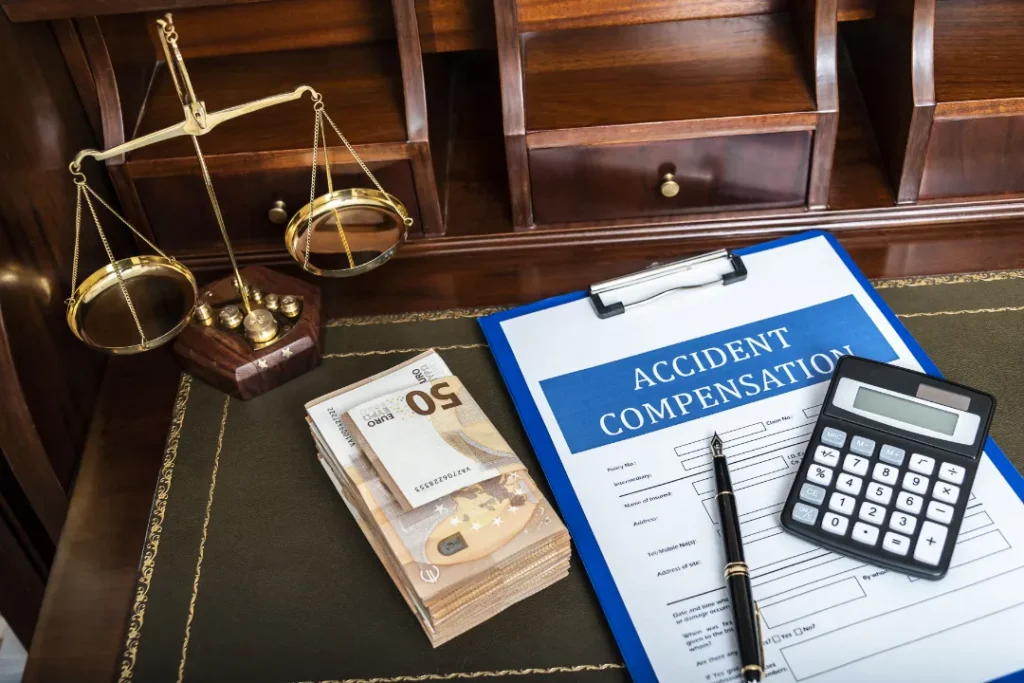What Is Medical Negligence? A Complete Guide for Patients

Medical negligence is a serious issue that can have lasting effects on a patient’s physical, emotional, and financial well-being. While most healthcare professionals provide excellent care, mistakes can happen — and when they do, the consequences can be devastating. If you or a loved one has suffered due to poor medical treatment, it's important to understand what medical negligence is, how it occurs, and what legal options are available.
This guide will explain the key aspects of medical negligence in simple terms to help you make informed decisions about your health and your rights.
What Is Medical Negligence?
Medical negligence, also known as medical malpractice, occurs when a healthcare professional fails to provide an appropriate standard of care, resulting in harm or injury to a patient. This could involve a doctor, nurse, surgeon, dentist, or even a hospital or clinic.
To be considered negligence, the care provided must fall below the accepted medical standard that other professionals would reasonably follow in similar circumstances. Importantly, there must also be a clear link between the negligent act and the harm caused.
Examples of Medical Negligence
Medical negligence can take many forms. Common examples include:
-
Misdiagnosis or delayed diagnosis – Failing to correctly identify a condition in time
-
Surgical errors – Operating on the wrong body part or leaving surgical instruments inside the patient
-
Medication errors – Prescribing the wrong drug or incorrect dosage
-
Failure to warn of risks – Not informing a patient of potential side effects or treatment risks
-
Birth injuries – Negligence during pregnancy or delivery that causes harm to mother or baby
How Do You Prove Medical Negligence?
To make a successful medical negligence claim, four key elements must usually be proven:
-
Duty of care – The medical provider had a legal duty to treat you.
-
Breach of duty – They failed to meet the accepted standard of care.
-
Causation – The breach directly caused your injury or worsening condition.
-
Damage – You suffered harm, loss, or additional medical costs as a result.
These elements can be complex to establish, which is why expert legal and medical advice is often necessary.
What Are Your Legal Options?
If you believe you’ve been a victim of medical negligence, you may be entitled to compensation. This can include:
-
Medical expenses (past and future)
-
Loss of income or earning capacity
-
Pain and suffering
-
Ongoing care or rehabilitation
-
Psychological distress
It's important to act promptly, as strict time limits apply to medical negligence claims in Australia.
When to Speak to a Lawyer
Navigating a medical negligence case can be challenging without professional support. A specialist lawyer can assess your situation, gather evidence, consult medical experts, and guide you through the legal process to help you claim the compensation you deserve.
If you’re looking for trusted legal advice, medical negligence lawyers Sydney can help you understand your rights and options with compassion and experience.
Final Thoughts
Medical negligence can be life-changing, but you don’t have to face it alone. By understanding what it is, knowing the signs, and taking the right steps, you can protect your health, seek justice, and move forward with the support you need.
- AI
- Vitamins
- Health
- Admin/office jobs
- News
- Art
- Causes
- Crafts
- Dance
- Drinks
- Film
- Fitness
- Food
- Jocuri
- Gardening
- Health
- Home
- Literature
- Music
- Networking
- Alte
- Party
- Religion
- Shopping
- Sports
- Theater
- Wellness


